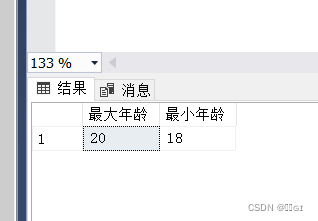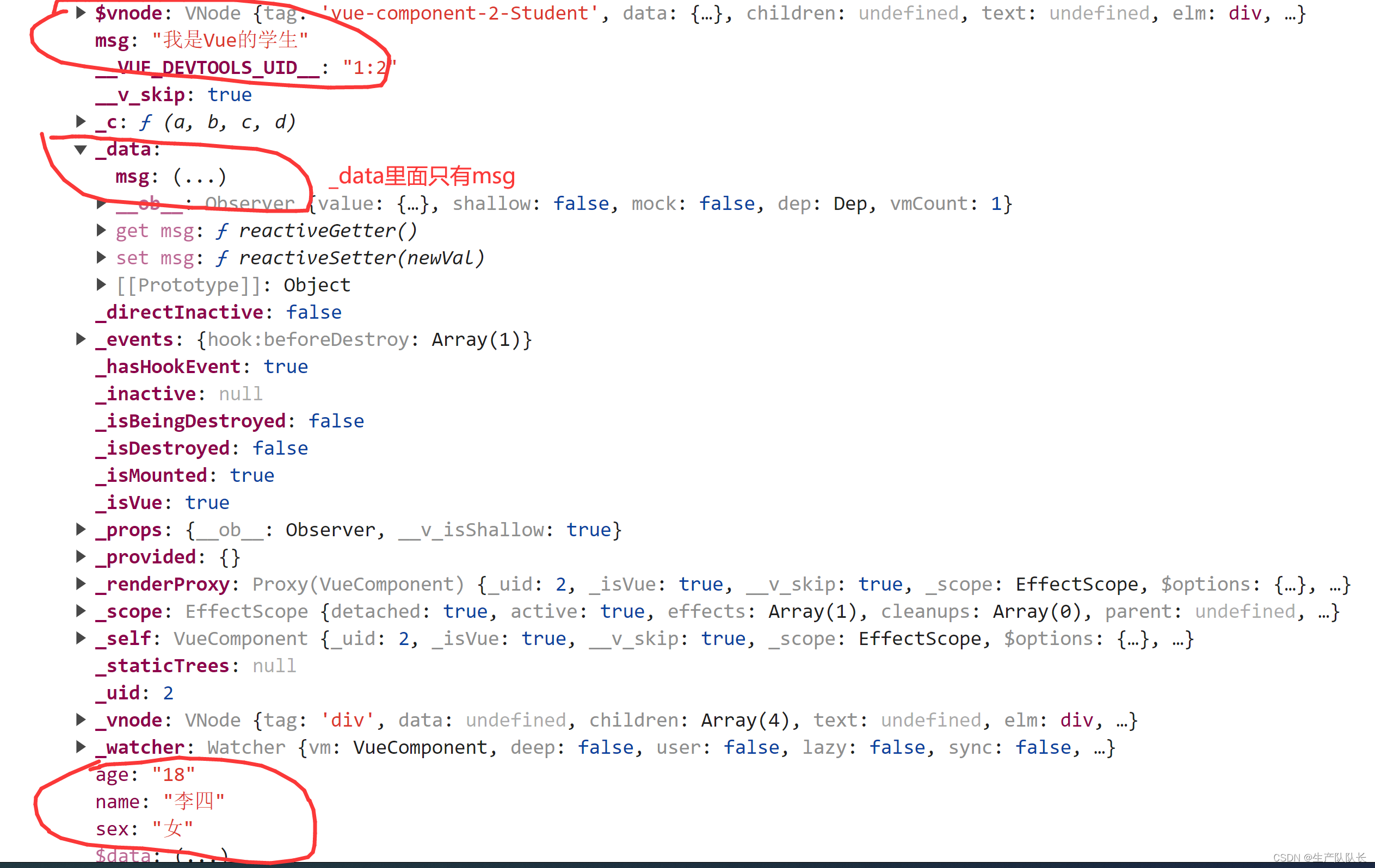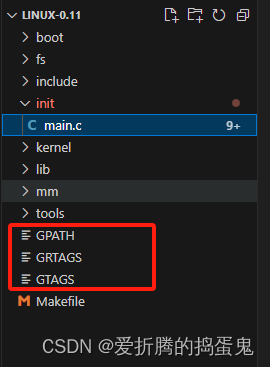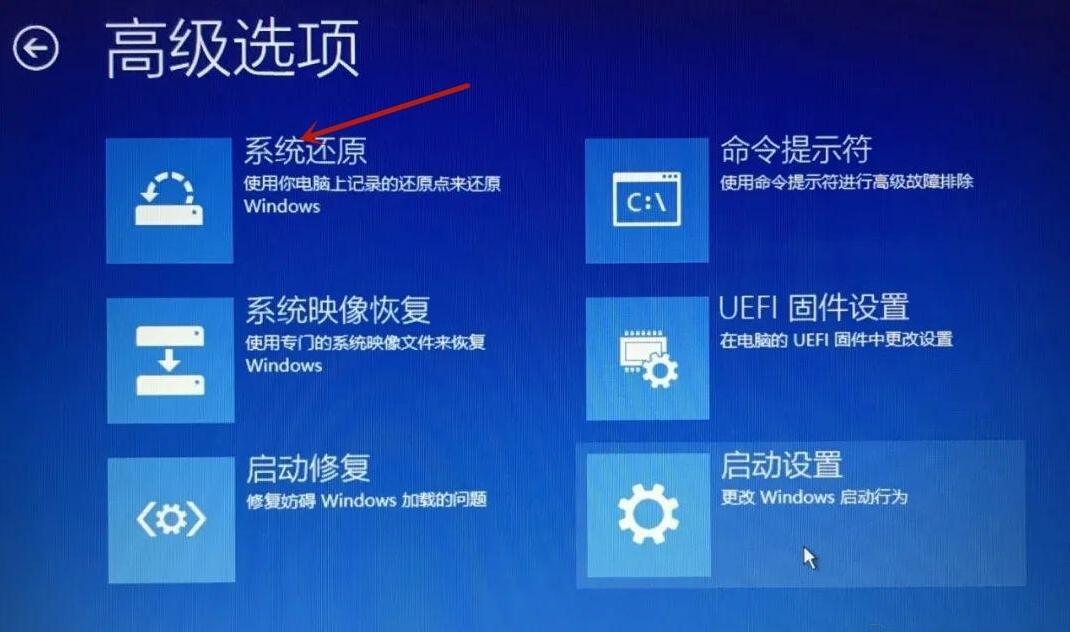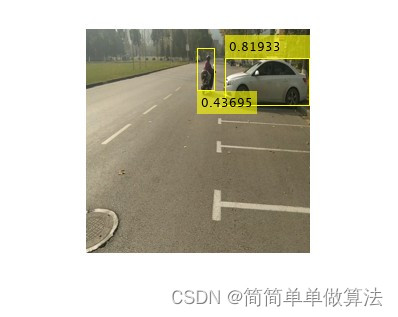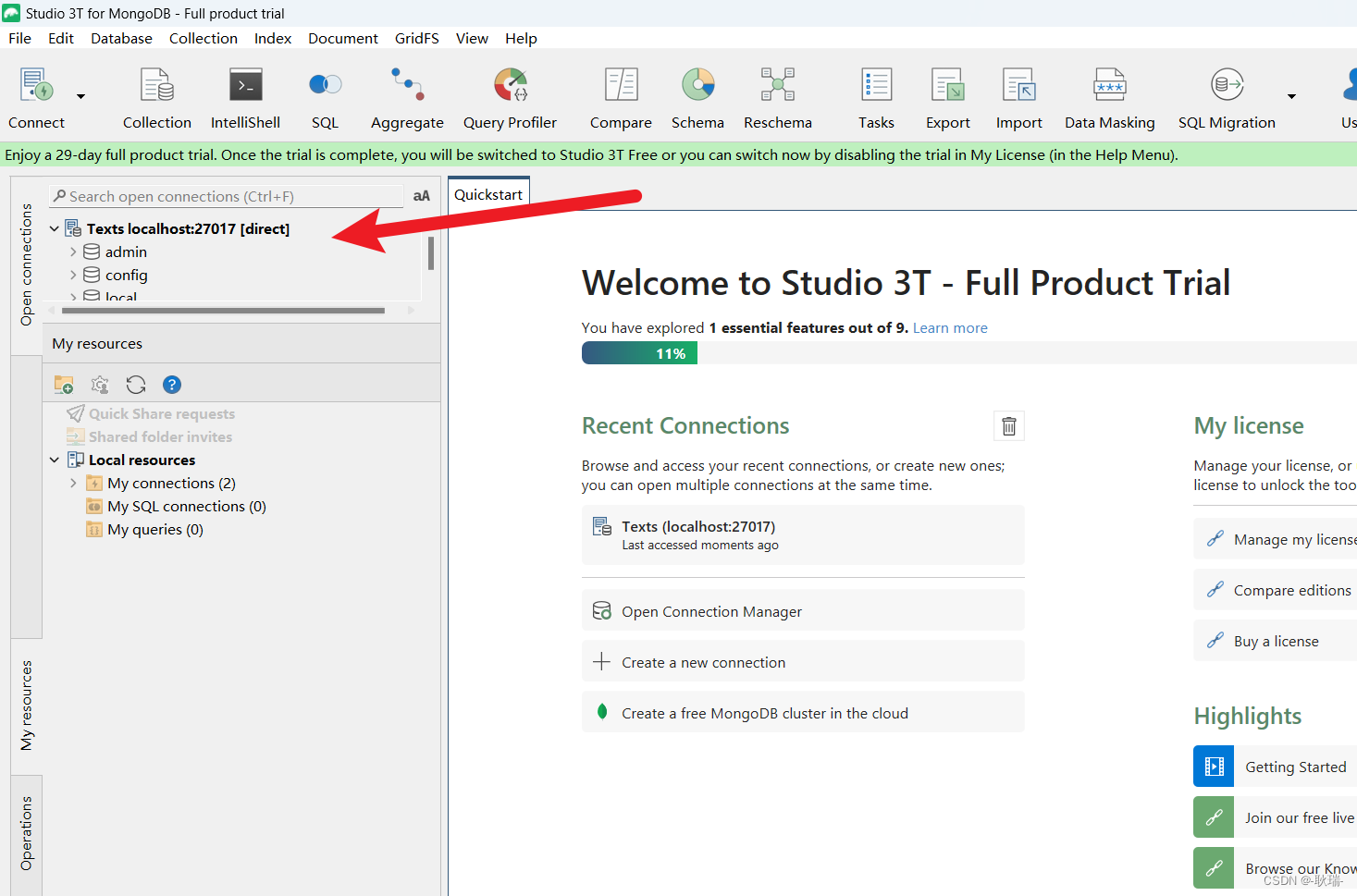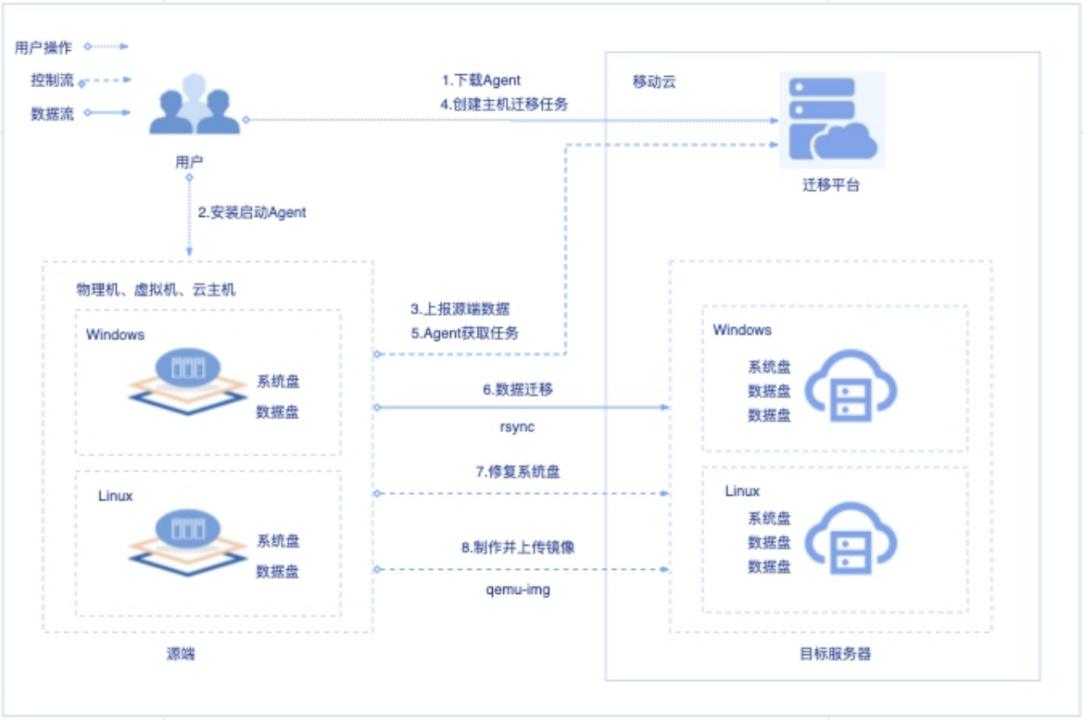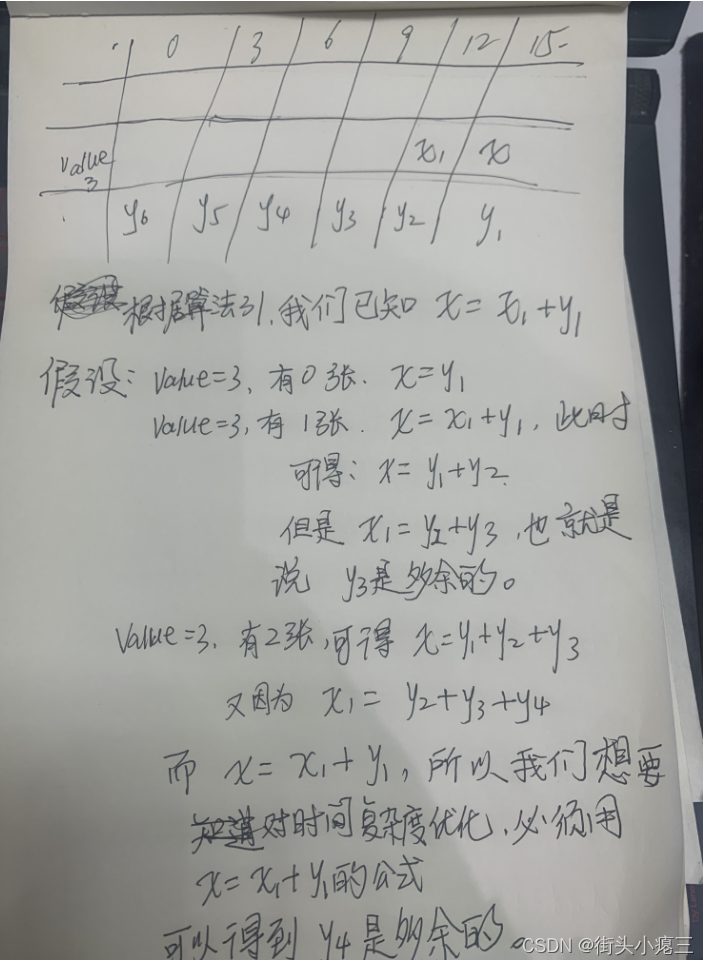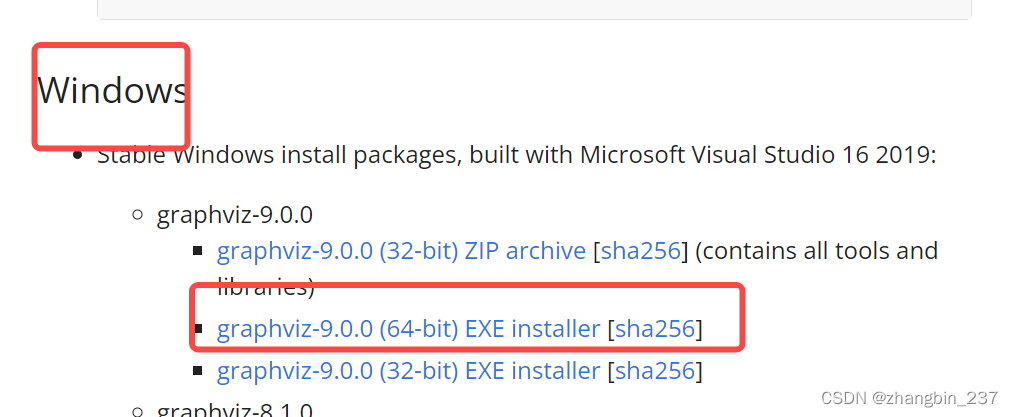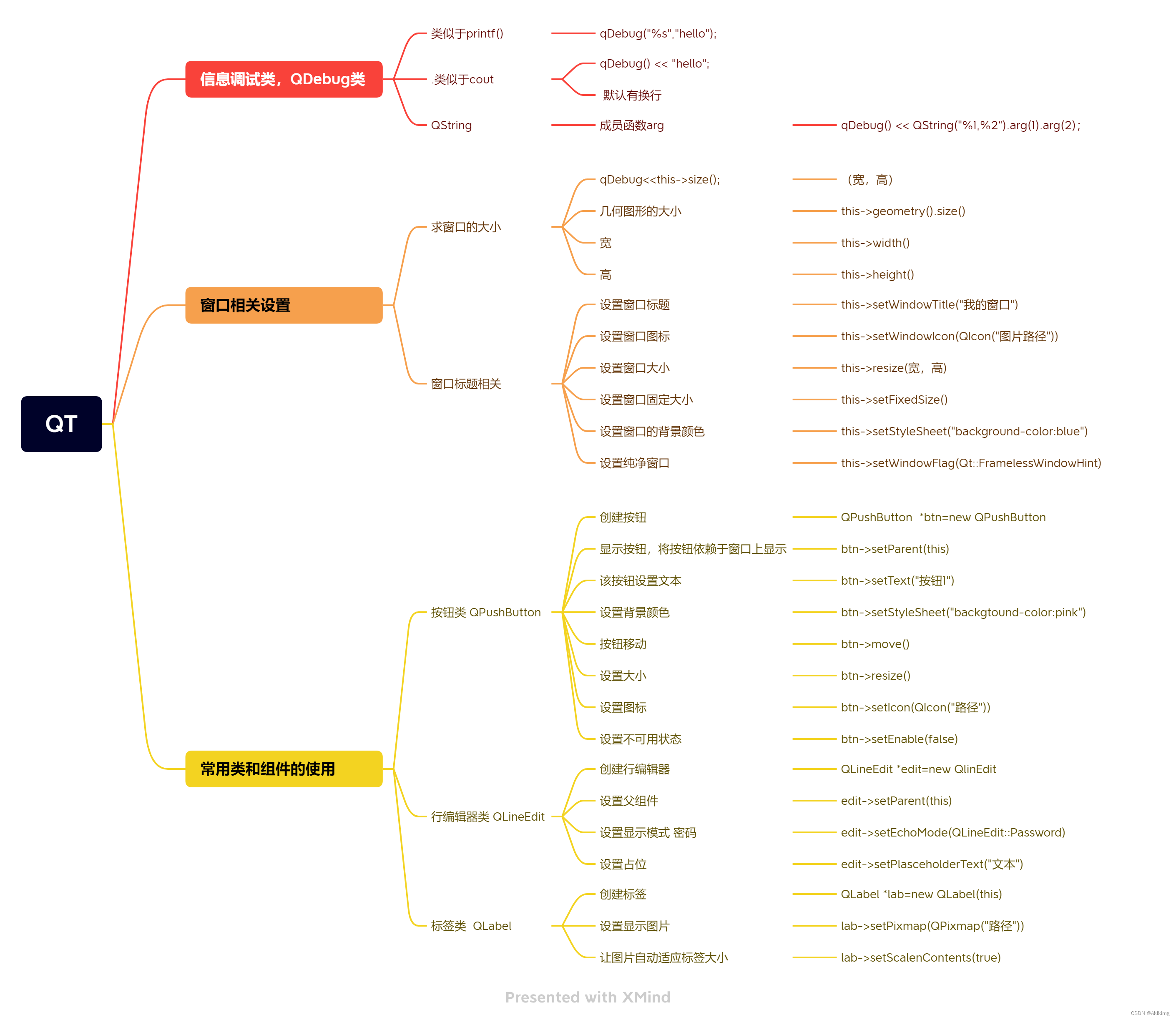试题编号: 202305-1
试题名称: 重复局面
时间限制: 1.0s
内存限制: 512.0MB
题目背景
国际象棋在对局时,同一局面连续或间断出现3次或3次以上,可由任意一方提出和棋。
问题描述
国际象棋每一个局面可以用大小为 8×8 的字符数组来表示,其中每一位对应棋盘上的一个格子。六种棋子王、后、车、象、马、兵分别用字母 k、q、r、b、n、p 表示,其中大写字母对应白方、小写字母对应黑方。棋盘上无棋子处用字符 * 表示。两个字符数组的每一位均相同则说明对应同一局面。
现已按上述方式整理好了每步棋后的局面,试统计每个局面分别是第几次出现。

输入格式
从标准输入读入数据。
输入的第一行包含一个正整数 n,表示这盘棋总共有 n 步。
接下来 8×n 行,依次输入第 1 到第 n 步棋后的局面。具体来说每行包含一个长度为 8 的字符串,每 8 行字符串共 64 个字符对应一个局面。
输出格式
输出到标准输出中。
输出共 n 行,每行一个整数,表示该局面是第几次出现。
样例输入
8
********
******pk
*****r*p
p*pQ****
********
**b*B*PP
****qP**
**R***K*
********
******pk
*****r*p
p*pQ****
*b******
****B*PP
****qP**
**R***K*
********
******pk
*****r*p
p*p*****
*b**Q***
****B*PP
****qP**
**R***K*
******k*
******p*
*****r*p
p*p*****
*b**Q***
****B*PP
****qP**
**R***K*
******k*
******p*
*****r*p
p*pQ****
*b******
****B*PP
****qP**
**R***K*
********
******pk
*****r*p
p*pQ****
*b******
****B*PP
****qP**
**R***K*
********
******pk
*****r*p
p*p*****
*b**Q***
****B*PP
****qP**
**R***K*
********
******pk
******rp
p*p*****
*b**Q***
****B*PP
****qP**
**R***K*
样例输出
1
1
1
1
1
2
2
1
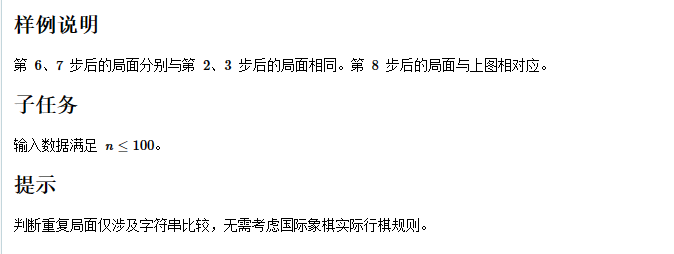
Java代码:
// CCF_2023_05_1
import java.util.*;
public class Main{
public static void main(String[] args) {
Scanner scanner = new Scanner(System.in);
int n = Integer.parseInt(scanner.nextLine()); // 读取局面数量
// 使用HashMap存储每个局面出现的次数
Map<String, Integer> positionFrequencyMap = new HashMap<>();
List<Integer> output = new ArrayList<>(); // 存储输出结果
// 读取每个局面
for (int i = 0; i < n; i++) {
StringBuilder position = new StringBuilder();
for (int j = 0; j < 8; j++) {
position.append(scanner.nextLine());
}
String positionString = position.toString();
// 更新局面出现次数
positionFrequencyMap.put(positionString, positionFrequencyMap.getOrDefault(positionString, 0) + 1);
// 将当前局面的出现次数添加到输出结果列表中
output.add(positionFrequencyMap.get(positionString));
}
// 打印输出结果
for (int freq : output) {
System.out.println(freq);
}
scanner.close();
}
}
C语言代码:
#include <stdio.h>
#include <stdlib.h>
#include <string.h>
#define BOARD_SIZE 8
#define MAX_POSITIONS 100
// 函数进行字符串哈希
unsigned long hash(char *str) {
unsigned long hash = 5381;
int c;
while ((c = *str++)) {
hash = ((hash << 5) + hash) + c; // hash * 33 + c
}
return hash;
}
int main() {
int n, step;
char positions[MAX_POSITIONS][BOARD_SIZE * BOARD_SIZE + 1]; // 存储所有局面字符串
int counts[MAX_POSITIONS] = {0}; // 存储所有局面的出现次数
char board[BOARD_SIZE][BOARD_SIZE + 1]; // 暂存棋盘的单一局面
char position[BOARD_SIZE * BOARD_SIZE + 1]; // 暂存单一局面的字符串表示
unsigned long hashes[MAX_POSITIONS]; // 存储局面字符串的哈希
unsigned long hashValue;
int results[MAX_POSITIONS]; // 存储所有结果
scanf("%d\n", &n);
int totalPositions = 0;
for (step = 0; step < n; ++step) {
// 读入棋盘局面
for (int i = 0; i < BOARD_SIZE; ++i) {
fgets(board[i], BOARD_SIZE + 2, stdin); // +2 for newline and null-terminator
}
// 将局面转为一个字符串
for (int i = 0, k = 0; i < BOARD_SIZE; ++i) {
for (int j = 0; j < BOARD_SIZE; ++j, ++k) {
position[k] = board[i][j];
}
}
position[BOARD_SIZE * BOARD_SIZE] = '\0'; // 确保正确结束字符串
// 计算局面字符串的哈希
hashValue = hash(position);
// 检查是否已经存在此局面
int found = 0;
for (int i = 0; i < totalPositions; ++i) {
if (hashes[i] == hashValue && strcmp(positions[i], position) == 0) {
counts[i]++;
results[step] = counts[i];
found = 1;
break;
}
}
// 如果没找到,记录新局面
if (!found) {
strcpy(positions[totalPositions], position);
hashes[totalPositions] = hashValue;
counts[totalPositions] = 1;
results[step] = 1;
totalPositions++;
}
}
// 输出所有结果
for (int i = 0; i < n; ++i) {
printf("%d\n", results[i]);
}
return 0;
}


